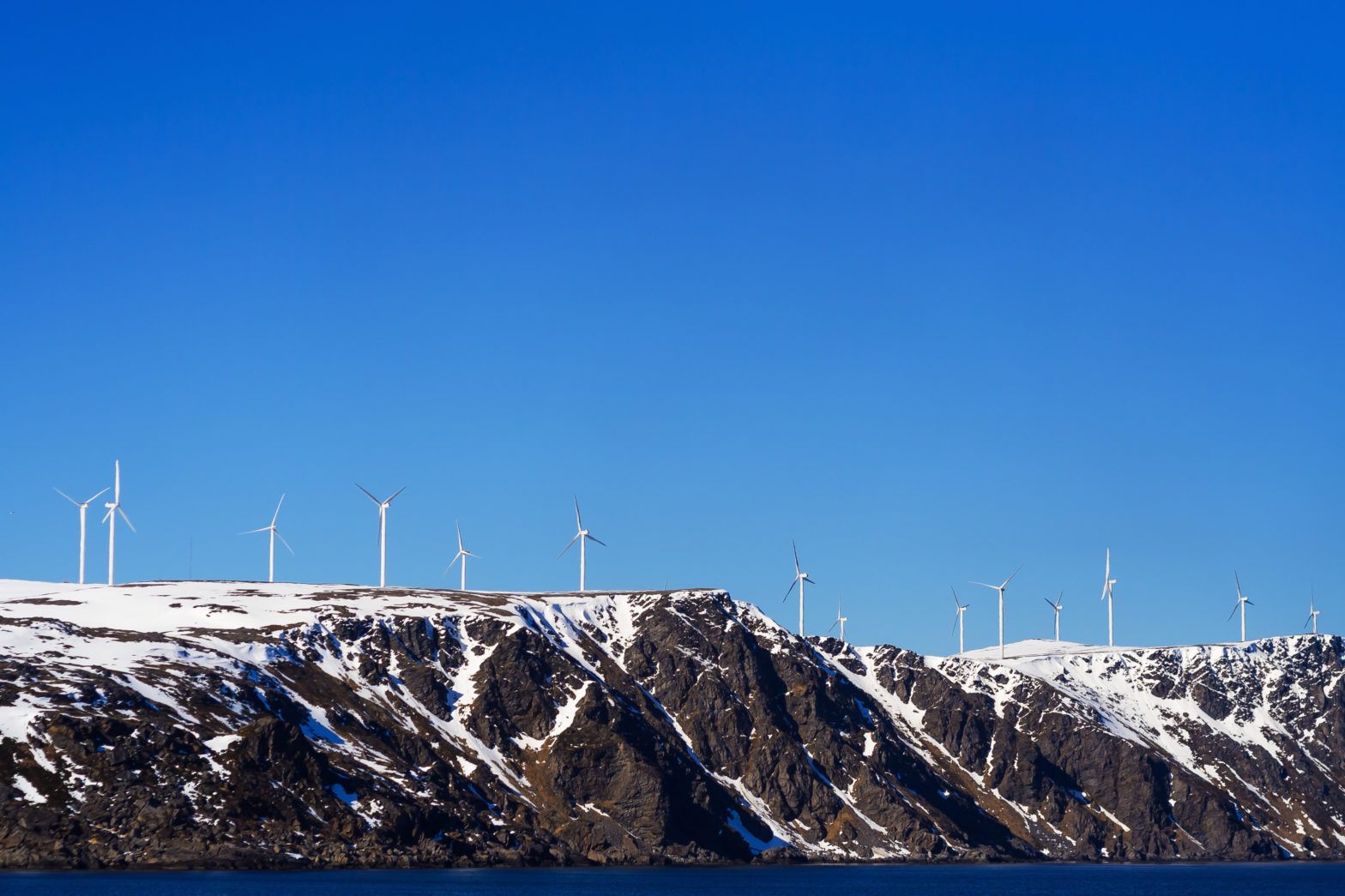Europe has an ‘unprecedented opportunity’ to move away from imported fossil fuels and become a ‘long-term leader in clean energy’, according to a report from law firm Dentons.
The 72-page report, Investing in Renewable Energy Projects in Europe, states that global investment in renewable energy has soared in recent years, reaching $495bn (€467) in 2022 – up from $423bn in 2021 and $285bn in 2016. It adds, however, that while Europe is leading this advance, work needs to be done so the continent can support areas such as its wind-energy supply chain.
One of the authors, Giles Dickson, CEO of WindEurope, wrote: “The European wind industry employs 300,000 people and includes 250 factories making turbines and components. To advance Europe’s technology leadership and ensure that wind turbines installed in Europe continue to use European technology, massive investments in the whole supply chain are needed – from factories to cranes, ports, vessels, research and innovation, grids, and skilled workers. These investments need to happen today, but the European wind industry is struggling with inflation and increasing cost pressures.”
Effective financing
The report from Dentons comes in the same week that the European Central Bank (ECB) posted an article around the continent written by Christine Lagarde, president of the ECB; Pascal Donohoe, president of the Eurogroup; Werner Hoyer, president of the European Investment Bank; Charles Michel, president of the European Council; and Ursula von der Leyen, president of the European Commission.
Titled ‘Channelling Europe’s savings into growth’, the piece argued that the continent must ‘speed up its green and digital transition’, which it can only do through effective financing by the Capital Markets Union.
The five high-profile authors wrote: “It is our responsibility to make sure European companies have the financing opportunities they seek, here, in the EU. We need a Capital Markets Union that channels Europe’s vast savings into tomorrow’s engines of growth. We must overcome the current patchwork of national frameworks, and in some cases underdeveloped capital markets, to unlock their full potential. This will strengthen the EU as an investment destination and make the euro an even more attractive currency.”
They added: “Deepening the Capital Markets Union requires a collective effort, involving policymakers and market participants across the EU. It needs strong political will and ownership at all levels of government. It needs the European Parliament and the Member States in the Council to urgently finalise negotiations on key legislative texts. It requires courage and openness to change. We are determined to see progress going through.”







